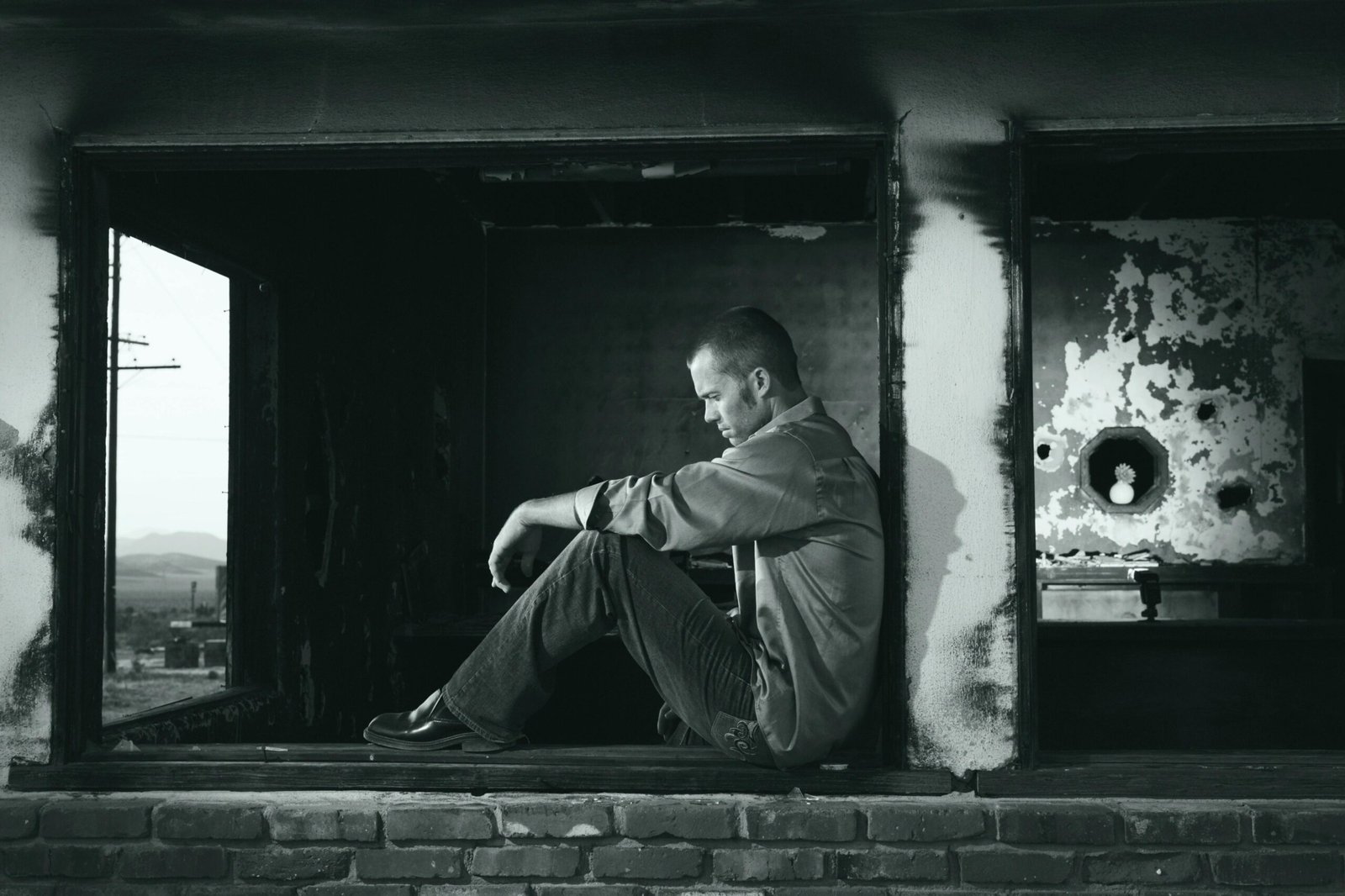Impact of Negative Thoughts on Anxiety and Depression
Negative thoughts can have a significant impact on the mental health of a person and well-being, especially in conditions such as depression and anxiety. The persistent pattern of negative thoughts can worsen symptoms, lead to the formation of mood disorders, and hamper recovery. In the article we’ll explore how negative thoughts can affect depression and anxiety, as well as their mechanisms of origin and the impacts on mental well-being. In addition, we will discuss frequently asked questions regarding the connection between negative thoughts depression, and anxiety, and in addition to strategies for coping with these issues effectively.
Understanding the Effects of Negative Thoughts
Negative thoughts play an integral part in maintaining and exacerbating of anxiety as well as depression. They trigger feelings of anxiety and worry as well as sadness and perpetuate a cycle of stress and dysfunction. The most common types of negative thoughts triggered by depression and anxiety are:
- catastrophizing The ability to magnify the magnitude of possible threats or issues and creating scenarios for the worst-case scenario.
- The concept of overgeneralization is drawing broad-based conclusions using isolated events or experiences that result in distortion of perceptions of reality.
- Self-Criticism Self-criticism that is a harsh way of judging yourself and dwelling upon perceived shortcomings or flaws, degrading self-esteem and self-esteem.
- Mind Reading The assumption of negative attitudes or motives of others without proving it, which can lead to withdraw and social anxiety.
Relationship With Anxiety and Negative Thoughts
Negative thinking contributes to the development and perpetuation of anxiety disorders through the induction of anxiety, worry and avoidance behavior. If people are caught in overgeneralization or catastrophizing the perceived threat, they increase and dangers, which can lead to increased levels of anxiety. Self-critical thoughts and fear of judgement from other people can cause social anxiety, thereby escalating feelings of loneliness and distress.
Furthermore, negative thoughts can perpetuate harmful coping strategies like avoidance, rumination and security behaviors, which will only increase anxiety-related symptoms in the long term. The cycle of negative thinking and avoidance habits keeps anxiety in check and hinders people from confronting and conquering their anxieties.

Relationship between Negative Thinking And Depression
Negative thoughts are the most prominent aspect of depression and contribute to feelings of despair or worthlessness and despair. Self-critical thoughts and feelings inadequateness erode self-esteem and self-worth which can cause a constant feeling of sadness and empty. Additionally, overgeneralization and rumination increase negative emotions and stop people from feeling happiness or enjoyment in their daily routines.
Negative thoughts can also affect cognitive biases, such as focused attention or memory which causes people to concentrate more on negative things while ignoring the positive elements of their life. The negative bias can lead to the feelings of despair and apathy which can lead to the spiral of depress.
Conclusion
Negative thoughts can have a profound influence on depression and anxiety and can cause feelings of sadness as well as sadness, worry and. When we understand the mechanisms behind of negative thought patterns and the impact they have in the health of our minds, people can take action to overcome and manage the negative thinking patterns. With the help of scientifically-based methods and strategies to cope it is possible to be free that negative thought patterns impose and build more optimistic and resilient outlook. Make sure to seek professional assistance is the first step to recovering from depression and anxiety.
FAQs
1.What is the role of negative thoughts to the emergence of depression and anxiety? The negative thoughts trigger fears, anxiety and sadness, which can create the cycle of stress and dysfunction. They are a contributing factor to the development and maintaining of anxiousness by expanding fears and trigger avoidance behaviors. Depression is characterized by negative thoughts that can lower self-esteem, intensify negative emotions and increase feelings of despair and hopelessness.
2.Are negative thoughts an indication of anxiety or depression? Positive thoughts are a typical sign of anxiety as well as depression. They are a contributing factor to the emotional and cognitive symptoms of these conditions, and can trigger anxiety, stress and sadness.
3.What strategies can be used to manage negative thoughts that arise in depression and anxiety? Strategies to control anxiety and depression include cognitive behavioral therapy (CBT) and mindfulness meditation and self-compassion exercises. CBT assists individuals in identifying and confront negative thoughts and replace them with more sane and real-world alternatives. Meditation on mindfulness promotes awareness of the present and acceptance of emotions and thoughts. Self-compassion exercises require treating yourself with kindness and compassion to counteract self-critical thinking.
4.How do I get professional help with anxiety and mental health issues? If you find that negative thoughts greatly affect your everyday functioning and relationships or your overall wellbeing, it’s important to seek help from an expert in mental health. Therapies like CBT, medication, or mindfulness-based therapies can offer an effective treatment for anxiety and depression.
